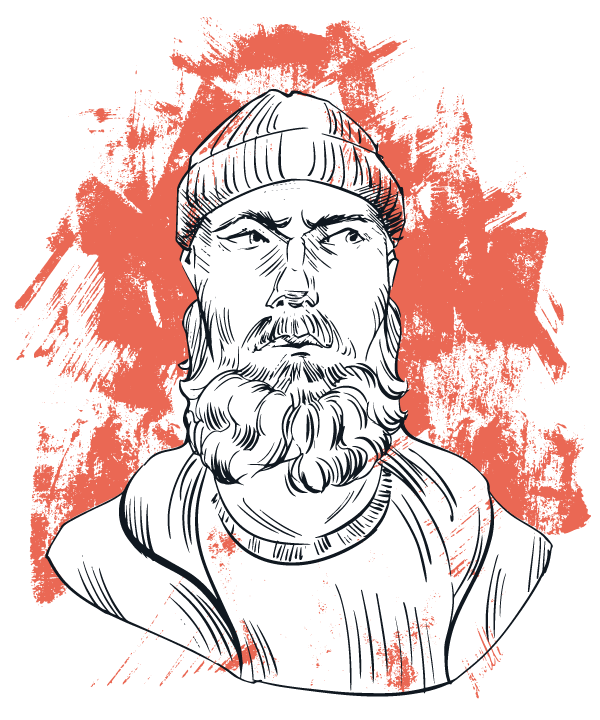Disillusionment of Ten O’Clock
In his poem ‘Disillusionment of Ten O’Clock’, the great American poet Wallace Stevens hints at a warning for our time, which has inspired the coming together of this inaugural edition of Circus Bazaar magazine.



In his poem ‘Disillusionment of Ten O’Clock’, the great American poet Wallace Stevens hints at a warning for our time, which has inspired the coming together of this inaugural edition of Circus Bazaar magazine. Our contributors show that as scientism engulfs science, data contrives to attenuate knowledge, and technocracy subverts democracy, the dual roles of crisis and fear reverberate through late modern human affairs as iterations of the politics of science and technology. As ever, they function as both drivers and enablers, of causes and consequences alike. All may seem perpetually new, yet an old reflex can be glimpsed in operation.
The houses are haunted
Wallace Stevens
By white night-gowns…
None of them are strange…
The slide into monism is a very human reflex. The reason is, at base, the respite it offers the searching mind in an ungraspable present. However, such sweet relief comes at a cost. Fevered digital dreams of a more predictable world under the pitiless gaze of machines exact a high price in paranoia. With human horizons dimmed by the pandemonium of entropy, the ally of survival, let alone prosperity, will be a plurality of experiments in various ways of being, seeing, valuing, living with, and relating to the world, human and non-human. Monism, be it epistemological, political, financial, or ideological, makes everything more brittle than it needs to be, yet still it dominates the near horizon. In many ways, monism is the lasting legacy of modernity, and its greatest threat.
Only, here and there, an old sailor,
Wallace Stevens
Drunk and asleep in his boots…
For all its flaws, hubris, and appropriations, the vision of the future as confected under technocracy supplies the most basic human need. For the moderns, the future, like history, must have a discernible meaning. Nothing is more anathema to modern humans than the possibility of meaningless suffering. This is what the politics of technology feeds on in our present time. It is nothing if not a surrogate for assured meaning, even if that meaning is something that might resemble a dystopia.
As the modern age terminates in technological nihilism, it is by now beyond argument that modernity was undermined by its own successes. For humans, to step away from modern ways of thinking and being seems unimaginable now. But this is a delusion. As the technopolitics of late modernity close off on human horizons, a shoreline of possibility more vast than previously imagined emerges precisely as the veil of humanism is lifted. This is what lives on in Stevens’ wonderful poetry. Human horizons spread outward from the human world into the vastness and richness of the non-human things from which the world is assembled. This includes, as it always has, the machines.
Catches tigers
Wallace Stevens
In red weather.